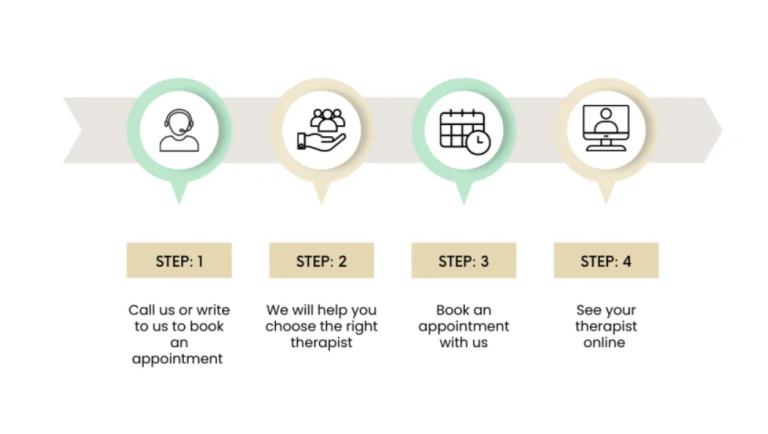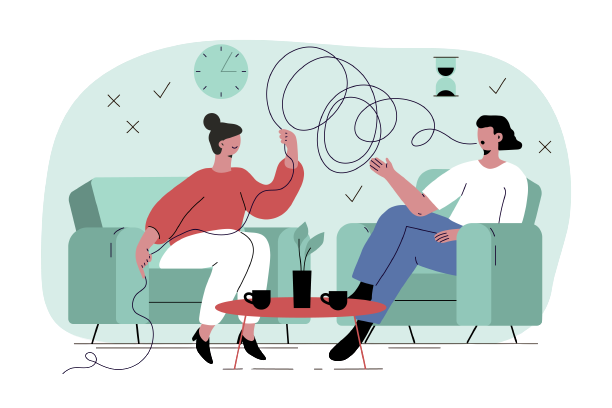
Therapy for Insomnia
Choosing therapy to manage insomnia can help you identify the underlying psychological or emotional concerns blocking you from a good night’s sleep. While insomnia is a condition that affects many, it can definitely be managed with therapy and the right support.
35000
Sessions
22+
YEARS EXPERIENCE
500000+
LIVES IMPACTED
What Is Insomnia?
Insomnia is a sleep disorder which affects how you fall asleep and stay asleep.
Imagine waking up feeling like you ran a marathon, your brain foggy and sluggish, even after spending all night in bed. Simple tasks like focusing at work or holding a conversation become a struggle. This exhaustion, lack of productivity, and decreased focus are just some of the ways insomnia can impact your daily life.
But, remember you’re not alone. Millions of people around the world experience the struggles of insomnia. And just like them, you don't have to suffer in silence. Seeking help through counseling can be the first step towards getting the much-needed sleep you deserve and reclaiming your energy and well-being.
What are the Causes of Insomnia?
There can be a multitude of reasons contributing to your sleeplessness and insomnia. Let’s delve into some common reasons:
Your Mental Health: Experiencing stress due to work, relationship issues, or because of the general chaos of life, can make it difficult to switch the mind off when you are trying to fall asleep. If you have something going on in the present or the past that you are thinking about a lot, it is likely your brain is alert and stressed and you cannot fall asleep.
Your Physical Health: Your physical health can also influence the pattern and ability to sleep. For example, hormonal issues, chronic pain, gastrointestinal issues like acid reflux can make it challenging to get a good night’s sleep.
Your Lifestyle: Having a high-stress lifestyle, living in areas where it is noisy during night-time, excessive screen time before sleeping, and consuming substances like alcohol and caffeine can disrupt your body’s sleep-wake cycle, resulting in disordered sleep, or insomnia.
Remember, insomnia often stems from a combination of these physical, mental, and lifetyle-related factors, and its intensity can lessen as you address and manage these causes. But how can you do that? Let’s find out.
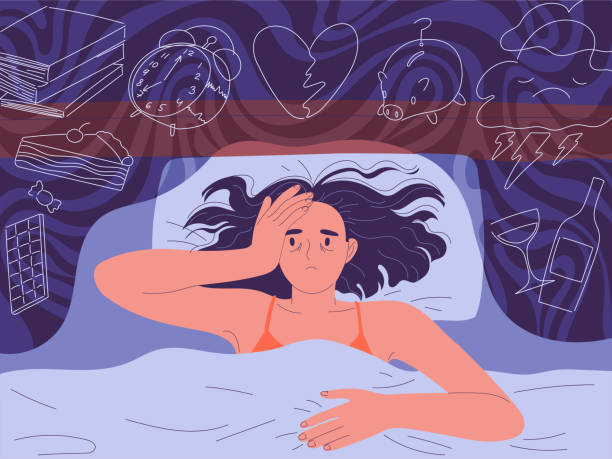
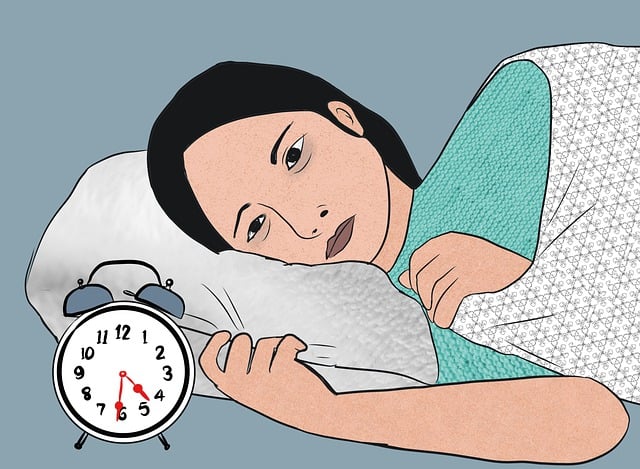
Therapy for Insomnia
You know the feeling. Tossing and turning all night, staring at the ceiling while everyone else sleeps. In the morning, you drag yourself out of bed, exhausted and foggy. This constant battle with insomnia is wearing you down. You just want a good night’s sleep, but each night feels like a losing fight.
Therapy can help. Insomnia often stems from hidden worries and stresses that keep your mind racing at night. A therapist can provide a safe, supportive space to explore these issues and develop tools to quiet your mind and finally get some rest.
Imagine waking up feeling refreshed and ready to take on the day. With some guidance, you can break this cycle of sleeplessness and reclaim your energy and well-being.
Benefits of Opting Therapy To Manage Insomnia
By choosing therapy for managing insomnia, you gain the following benefits:
- – Uncover hidden anxieties & stress fuelling sleeplessness.
- – Develop relaxation techniques to quiet your mind at night.
- – Learn healthy sleep habits for a more restful night’s sleep.
- – Build coping mechanisms to manage daily stressors impacting sleep.
- – Gain a supportive space to address sleep concerns openly & non-judgmentally.
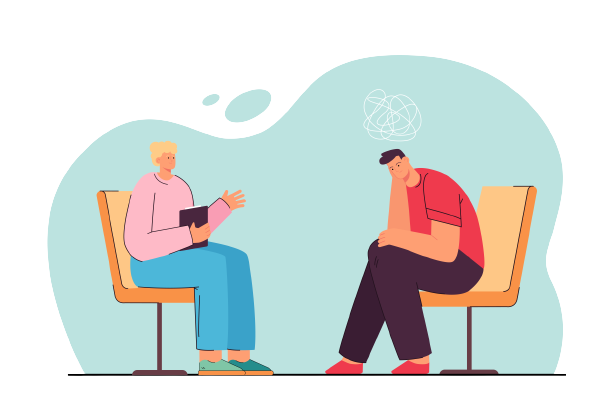
Contact Us For Online Counseling
You've probably tossed and turned a few nights, the weight of an upcoming deadline or the thrill of a new beginning keeping you wide awake. But for some of you, those occasional sleepless nights turn into a persistent struggle, stretching into weeks and months of battling sleep.
You don't have to suffer in silence!
5 Ways to Manage Insomnia
Your struggle with insomnia can feel like an endless battle. You’ve tried every trick in the book, like counting sheep, and yet you struggle to fall asleep. If you are still considering therapy, or getting started on your journey to managing insomnia, here are a few simple, helpful ways you can achieve it.
Design a Bedtime Routine: Our bodies thrive on consistency and routine. The body develops a memory for anything done repeatedly and it only becomes easier to follow the routine as time goes by. To create a bedtime routine, try going to bed and wake up at the same time every day, even on weekends. This helps to reset your body’s natural circadian rhythm, your sleep-wake cycle. Some ideas for your bedtime routine for winding down include taking a warm bath, reading a book (not on a screen,) getting into your night-time clothes, and having a regular nighttime skin care routine.
Reduce Screen Time: It can be tempting to scroll for a few more minutes on social media before going to bed. But, a few harmless minutes of scrolling can turn into hours, and before you know it, you’re sleepless. Our screens emit a blue light which significantly affects our sleep cycle. To manage this, try to bring down or avoid using the screen atleast an hour before you go to sleep.
Try Mindfulness & Muscle Relaxation: Sometimes, feeling stress and anxious can make falling asleep feel impossible. Try techniques such as mindful meditation and progressive muscle relaxation before going to bed. Progressive muscle relaxation involves tensing and relaxing different muscle groups throughout your body, starting with your toes and working your way up. These techniques can release any physical or mental tension, paving way for a more restful sleep. Here is a guided audio for you to try progressive muscle relaxation.
Avoid Intoxicating Substances Before Bed: Avoid consuming caffeine and alcohol close to bedtime. While caffeine may give you a temporary energy boost, it can stay in your system for several hours, interfering with sleep later. Similarly, while alcohol may make you feel drowsy initially, it disrupts sleep quality and can lead to disrupted sleep.
Explore Sound Therapy: Soothing sounds like binaural beats, relaxation music, or even listening to a bedtime story can create a calming atmosphere and ease your mind into a sleep-ready state. Experiment with different sounds and find what works best for you. Remember, the key is to choose sounds that are calming and non-stimulating.
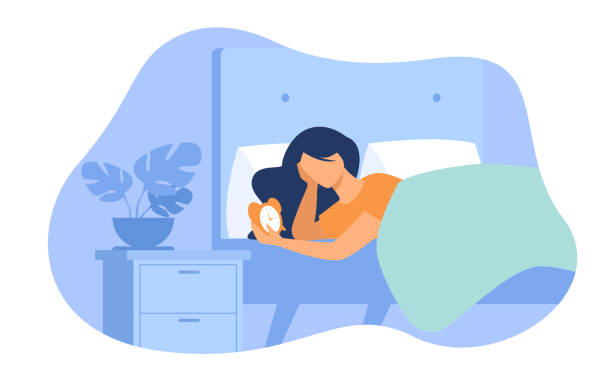
Insomnia can feel like an exhausting battle, robbing you of precious sleep and impacting your daily life. You might feel alone in this struggle, but millions wrestle with insomnia. The good news is, you don’t have to fight this battle on your own.
Therapy can be a powerful tool to help you understand the root causes of your sleeplessness, whether it’s stress, underlying health issues, or lifestyle habits. By working with a therapist, you can develop healthy sleep habits, relaxation techniques, and coping mechanisms to manage stress and quiet your mind. Regaining restful sleep and feeling energized again is absolutely possible.
With the right support and guidance, you can break the cycle of insomnia and reclaim your well-being.
Meet Our Therapists & Counselors and Book an Appointment
Our therapists are all trained psychologists qualified in helping people work through their difficulties. We work with individuals across different populations. We use an eclectic range of psychotherapies from solution oriented to insight oriented to holistic meditative approaches, depending on the need and comfort of the clients.
"What Our Clients Say about Our Online Counseling Services"






